Myths That Can Damage a Garbage Disposal
Invented in 1927, the garbage disposal has since become a must-have for most kitchens across the US. But although the appliance isn’t new, there are still numerous misconceptions about its usage and care. Today, we’ll review the myths that can potentially damage garbage disposal. We’ll explain why these myths are actually harmful and how to maintain a garbage disposal properly to ensure it will serve seamlessly for years to come.
Myth 1: lemon juice helps to clean a garbage disposal
A common misconception is that pouring lemon juice into the drain is the best way to clean the garbage disposal. Lemons, indeed, are of great help in some home cleaning duties. But pouring citric acid down the drain may cause the pipes or garbage disposal elements to corrode. Furthermore, lemons have a strong odor that may mask a serious issue, such as smelly plumbing that deserves immediate attention.
Instead of pouring citric acid into the garbage disposal, use specially designed pipe cleaning liquid. Like lemons, it can have a pleasant smell but will prolong the garbage disposal and plumbing lifespan rather than ruin the appliance.
Myth 2: garbage disposal can handle any food waste
Some believe any food is safe for garbage disposals, and even worse, that garbage disposals have sharp blades inside that will up chop the food. Neither is true. Garbage disposals have limitations and instead of blades, they feature impeller plates that are not exactly sharpened for strength.
So, fibrous foods, such as celery or carrots, tend to get caught up in garbage disposal internal elements, clogging it as a result. Eggshells lead to the same issue. Hard foods and leftovers, such as bones, can break the impellers. Greasy foods coat the impellers and prevent them from grinding the waste properly. Finally, beware when disposing of starchy foods such as potato peels. The trash is a better place for such foods, as they may bloat not only during cooking but also after disposal.
Myth 3: you must run hot water whenever using the disposal
This myth is partially true. Running water when using the garbage disposal is necessary, but its temperature matters. Some garbage disposal parts tend to expand under heat, which shortens the appliance lifespan in the long term.
Another reason to use cool or cold water when running the disposal is that it keeps grease in solid form. Hot water liquefies the grease which helps it pass through the disposal and pipes. However, when the grease cools and solidifies farther down the pipes, it may lead to blockage. Cold water ensures that elements on garbage disposal remain in perfect condition and keeps any grease solid.
Myth 4: leaving labels on when washing fruits is safe
A small, sticky label may not seem like a big deal, and isn’t if it stays on a piece of fruit or vegetable after washing. However, garbage disposals are not built to handle non-food items. If a sticker gets into the drain, it may stick to the internal parts of the garbage disposal, which may lead to clogging, dull impellers, and component damage.
Myth 5: a clean drain indicates the disposal is fine
The visual appearance of the sink doesn’t always indicate that the garbage disposal works as intended. Even if the water goes down the drain without issue, chances are the disposal needs a checkup. Eventually, any kitchen appliance requires replacement, and garbage disposals are no exception. Regular maintenance ensures no serious issues are forming in the disposal.
Freedom Appliance of Tampa Bay has 13 years experience in providing professional refrigerator and freezer repair, dishwasher repair, microwave repair, oven, stove, and range repair, washing machine and dryer repair, and other small appliances repair. We also specialize in kitchen and laundry appliance installation and dryer duct cleaning. .Call 813-302-7672 today!

